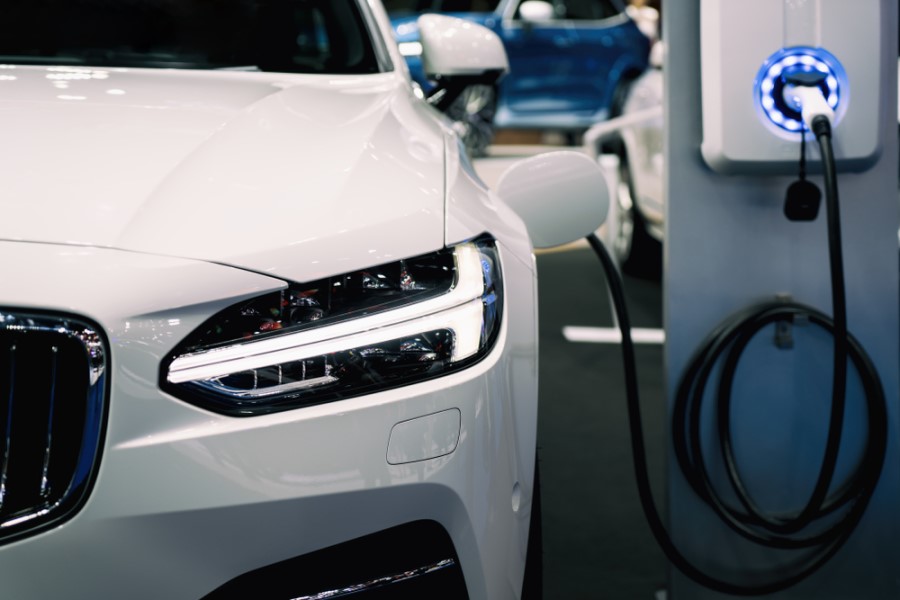Harvey Francis of Skanska UK on its new electric vehicle company car policy

Organisations are not only considering offering electric vehicles to employees, but are also looking to remove petrol and diesel models from their lists in an effort to meet broader company carbon neutral targets.
Moving to an electric/hybrid company car programme introduces new challenges. It is not as simple as just offering the cars. Charging stations both at the workplace and at employees’ homes are a consideration, as are policies for reimbursing employees for charging.
Despite the challenges, Skanska announced in December 2020 that it has introduced a new electric vehicle (EV) company car policy as part of its plans to become carbon neutral by 2045.
Its new EV First initiative means that the organisation will no longer offer pure petrol or diesel vehicles as a benefit to eligible employees. Instead, EVs will be the preferred option, with petrol elective hybrids (PHEVs) available as an alternative, if more practical for the individual.
To find out more about the scheme we held a short Q&A with Harvey Francis FCIPD, executive vice president and chief HR officer at Skanska UK.
What were the reasons for moving away from petrol and diesel cars for your company car fleet?
Our decision was in line with supporting our carbon neutral target ambition and with the number of company cars we have. We believe this is a clear step towards supporting that.
Who is eligible for a company car?
In our business we have a combination of both business need and status car users. Company cars remain an attractive benefit within our sector.
Do you offer a cash alternative to a company car? One employer we have heard from is finding employees are taking the cash instead of opting for an electric vehicle.
We do offer a cash alternative and have found since announcing our new policy a number of our employees have opted to come out of the cash alternative in favour of electric vehicles.
How has the policy been received by employees? How did you go about communicating these changes?
Our change of policy has been well received by employees and we communicated our changes through our intranet and via email directly to employees.
Have you also offered to instal home charging points for vehicles? And how will employees be reimbursed for charging their vehicles?
Yes, we have decided to provide a charging point at employees’ homes. Whilst we won’t be reimbursing employees for the costs of charging their vehicles at home, they will have lower fuel costs as a result. For those based at our head office, and a few other offices, we provide free charging facilities. Business mileage can of course be claimed in line with HMRC approved rates.
What, if any, infrastructure have you had to implement at your sites to facilitate the use of electric vehicles?
We have installed 67 EV charging points at our head office at Maple Cross. We also have further EV charging points at our Bentley Works site in Doncaster and at Aztec West in Bristol.
You’re currently offering PHEVs as well as electric vehicles – given there is debate over the efficiency of PHEVs, do you foresee a time when these will be removed from the company car list (perhaps when greater national infrastructure has been built?)
We are seeing significant developments in the car industry and together with our carbon neutral targets we will continue to review our policy in support of our targets.
Our ambition is certainly to see all eligible drivers in fully electric vehicles. By installing home charging points at employees’ houses, we encourage employees to charge their PHEV and therefore complete as many miles on electricity as is possible.
What advice would you offer to other employers considering switching to electric-only fleets?
Consider what both your employees and your business needs are and communicate with your employees so that they are clear on why you are moving to electric only fleets, such as the benefits for the environment and the tax (P11D) benefits for employees.






